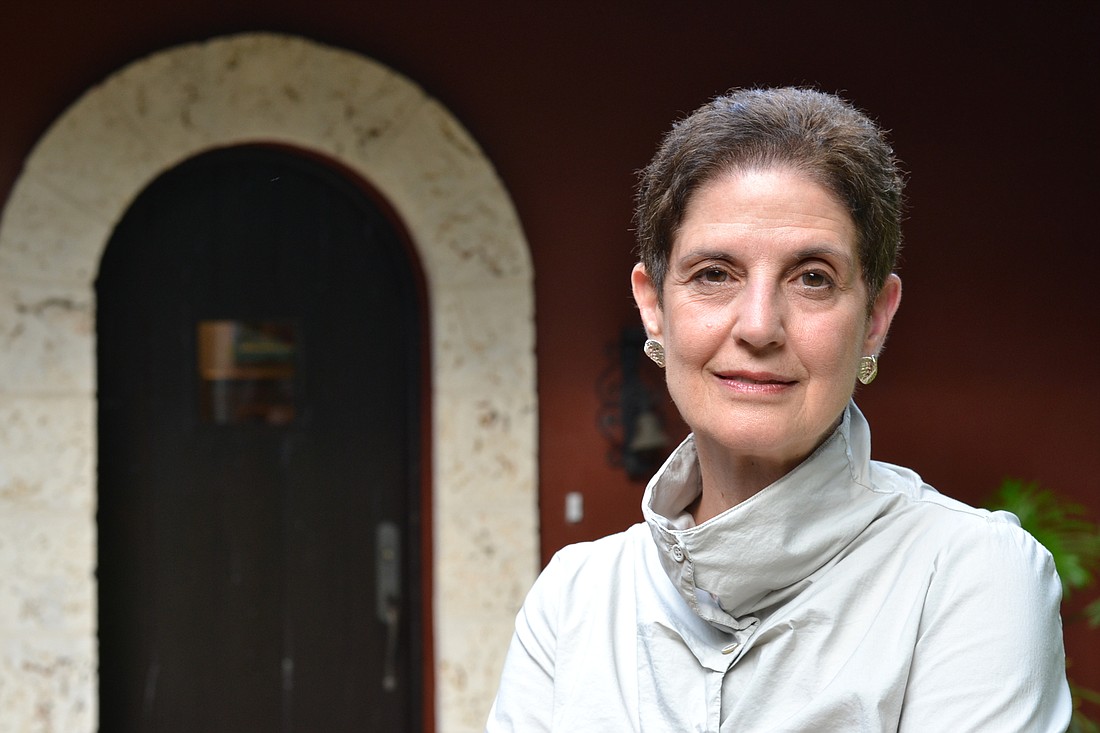- November 13, 2025
-
-
Loading

Loading

Coming from a military family, Nancy Parrish strives to remain civically engaged. Parrish has worked with President Jimmy and Rosalynn Carter in international humanitarian work at the Carter Center. Now, as the founder and pro bono CEO for Protect Our Defenders, Parrish fights for policy changes on behalf of survivors of military sexual trauma.
What is the mission of Protect Our Defenders?
We support and give voice to survivors of sexual assault in the military — service members, veterans, affected civilians. We provide casework and pro bono legal assistance to prevent and overturn discharges and protect victims’ privacy rights.
Why did you start Protect Our Defenders?
We Americans are fair-minded people. When we witness injustice and suffering, we stand on the side of fairness. Sexual assault in the military is devastating our troops. It’s a greater risk factor for post-traumatic stress disorder than combat. It’s costing our country $3.7 billion a year. So there was no attention to this issue in 2011, and I wanted to help.
Why are you so passionate about the issue?
When I first heard about it from a veteran, it was a horrific story. After I had that conversation, I was determined to learn more about it. During a period in the early 1990s, I would see scandal break out from time to time about sexual assault in the military. In the ’90s, Tailhook ... was the first public conversation about sexual assault in the military.
Who is impacted most by military sexual trauma?
One of the reasons why I felt it so important to be involved is it has such wide-ranging effects in our communities. The VA reported in 2013 there were more than 1 million visits to the VA health facilities around this country for military sexual trauma-related care. Forty percent of our female homeless veterans suffer from MST. I knew that it needed attention, and I wanted to be a part of that.
How has military sexual trauma changed in the last 20 years?
From the ’90s to now there really has been no improvement. Part of what we do in addition to providing support is we work on policy reform to change the system. It’s an epidemic, according to the Pentagon. They do an anonymous survey every other year. According to their surveys, 20,000 victims were sexually assaulted at least 47,000 times in 2013. Of those, only 15% report. The reasons that they don’t report, according to the survey, are because 62% are retaliated against for coming forward.
Is there still a stigma to sexual abuse in the armed forces?
Oh yes. It’s still a thorny issue, as it is really in all of society. But in the military, it’s especially pernicious because the military is your home, it’s your workplace, and it’s your social life. Unlike in civilian life, it’s illegal not to report back to duty even if you’re reporting back to your rapist. It’s a real challenge for our troops who are sexually assaulted. I think it’s why the problem has been exacerbated over time.